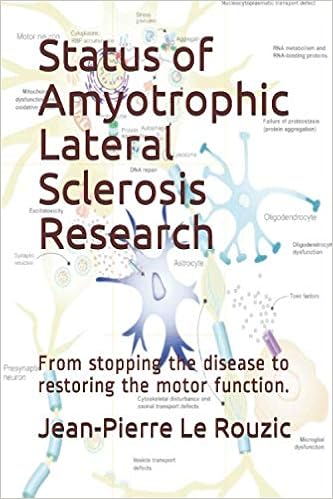HDAC inhibitors has been proposed since some time for ALS. They have a long history of use in psychiatry and neurology as mood stabilizers and anti-epileptics. More recently they were being investigated as possible treatments for cancers, parasitic and inflammatory diseases.
Sodium valproate an HDAC inhibitor, had been tested for ALS in clinical trial, it was quite effective but there were severe side effects. Another trial will soon combine it with lithium.
A team tested in-vitro several other HDAC inhibitor and found that two of them, SAHA, RGFP109, when combined with arimoclomol did reduce the loss of nuclear FUS (In ALS-FUS, FUS localizes in cell's cytosol instead of the nucleus, in a similar manner to TDP-43's behavior). They also found that HDAC inhibition rescued the DNA repair response in iPSC-derived motor neurons carrying the FUS P525L mutation.
They evaluated the ability of different classes of histonedeacetylase inhibitors to enable the heat shock response inmotor neurons, both alone and in combination with drugs that induce HSP expression constitutively or magnify induction in stressed cells (co-inducers)
It is still unknown if compounds with more substantial HDAC inhibitory activity will enhance the heat shock response, or the mechanisms regulating HSP expression.

